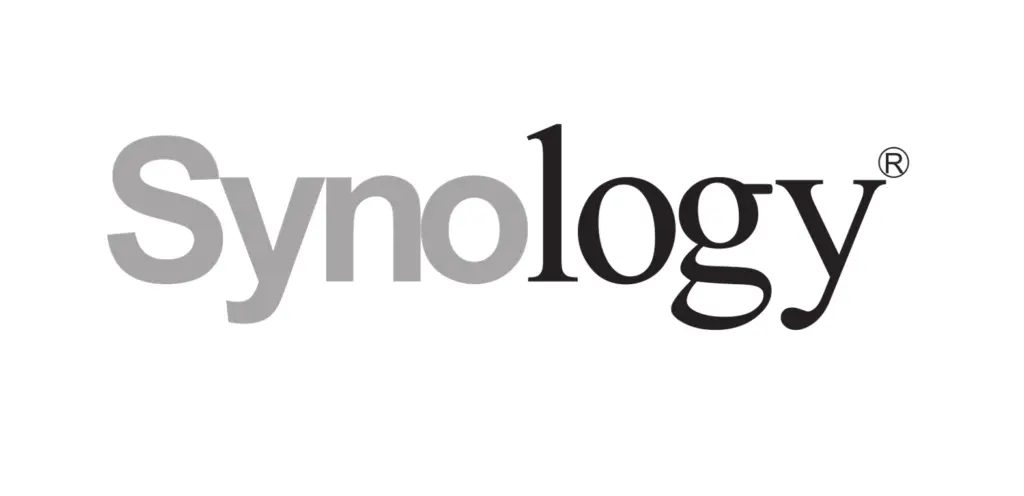
Synology NAS servers have long been favored by both enthusiasts and enterprises alike. The wide array of features offered by Synology enables users to back up data, share files, run various applications, and enjoy an overall refined user experience. However, Synology NAS devices are often priced at a premium—even when their hardware specifications appear relatively modest.
Now, it seems Synology is adopting new measures aimed at compelling users to purchase Synology-branded or officially certified hard drives. If users opt for third-party or uncertified drives, certain system functionalities will be restricted—potentially undermining the reliability and performance that users have come to expect from their NAS servers.
This policy is not entirely new. Synology had previously implemented similar restrictions on enterprise-level NAS models. However, the company is now extending these limitations to its newly launched 2025 Plus series. Restricted features include, but are not limited to: predictive health status reports, volume-level deduplication, drive lifespan analytics, automatic firmware updates, and limited or no support for storage pools created with uncertified drives.
Storage—specifically hard drives—is at the heart of any NAS system. These systems routinely perform automated health checks on installed drives, issuing timely alerts to prompt users to replace aging or failing disks before catastrophic data loss occurs. Without access to these monitoring features, users who rely on non-Synology or uncertified drives may face reduced long-term reliability.
It’s likely that Synology is employing this strategy to incentivize greater adoption of its branded or certified drives, ensuring a more controlled and proprietary ecosystem.
Notably, Synology does not manufacture its own hard drives. Instead, Synology-branded drives are rebranded models from leading manufacturers like Seagate, Western Digital, and Toshiba, often with custom firmware installed to function as a form of DRM. This firmware enables the DSM system to recognize and differentiate Synology drives from third-party alternatives.
According to German tech outlet Hardwareluxx, these restrictions apply exclusively to the new Plus series models released in 2025. Users of earlier Synology devices can continue using third-party drives without restrictions. Additionally, there is a workaround—albeit a cumbersome one: users can configure an uncertified drive on an older NAS and then physically transfer the drive to a new model. In doing so, they may retain full DSM functionality, even with a non-certified drive.
Related Posts:
- Google began to block uncertified devices from running GApps
- Synology Issues Patches for Critical Camera Flaws Discovered at Pwn2Own
